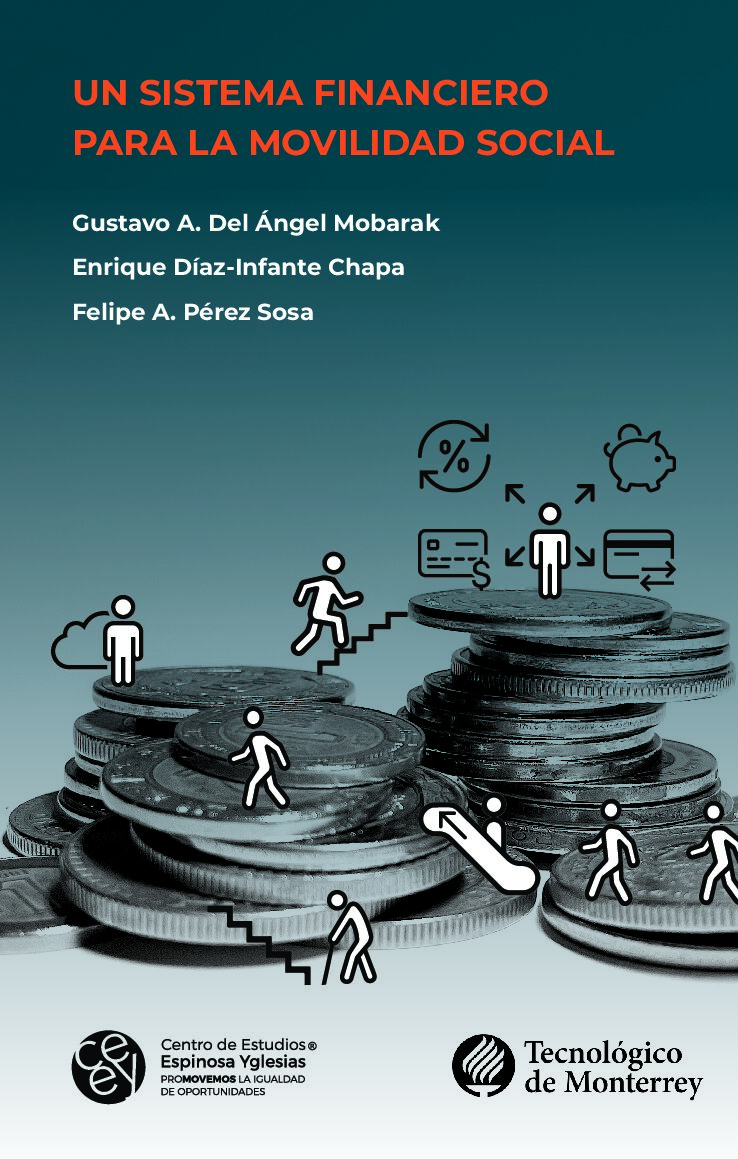La dimensión de género: ausente en la reforma de pensiones en México
Por María Ascensión Morales Ramírez
Las mujeres, en la vejez, manifiestan con especial crudeza la acumulación de las desventajas a las que se enfrentaron durante años. Ellas tienen perspectivas considerablemente más negativas que los hombres con relación al valor de sus pensiones futuras, y son más propensas a pasar sus últimos años de vida en la pobreza. Un conjunto de factores diferenciadores directos e indirectos se concatenan en su perjuicio: las diferencias entre mujeres y hombres en el empleo se recrudecen según el diseño del sistema de pensiones contributivo.
Considerar la dimensión de género en dichos sistemas es una tarea impostergable para erradicar las desigualdades y discriminaciones de las normas que impiden a la mujer obtener una pensión por derecho propio, un retiro digno y una autonomía económica en la vejez.
Fuente: Dialnet
244 views










